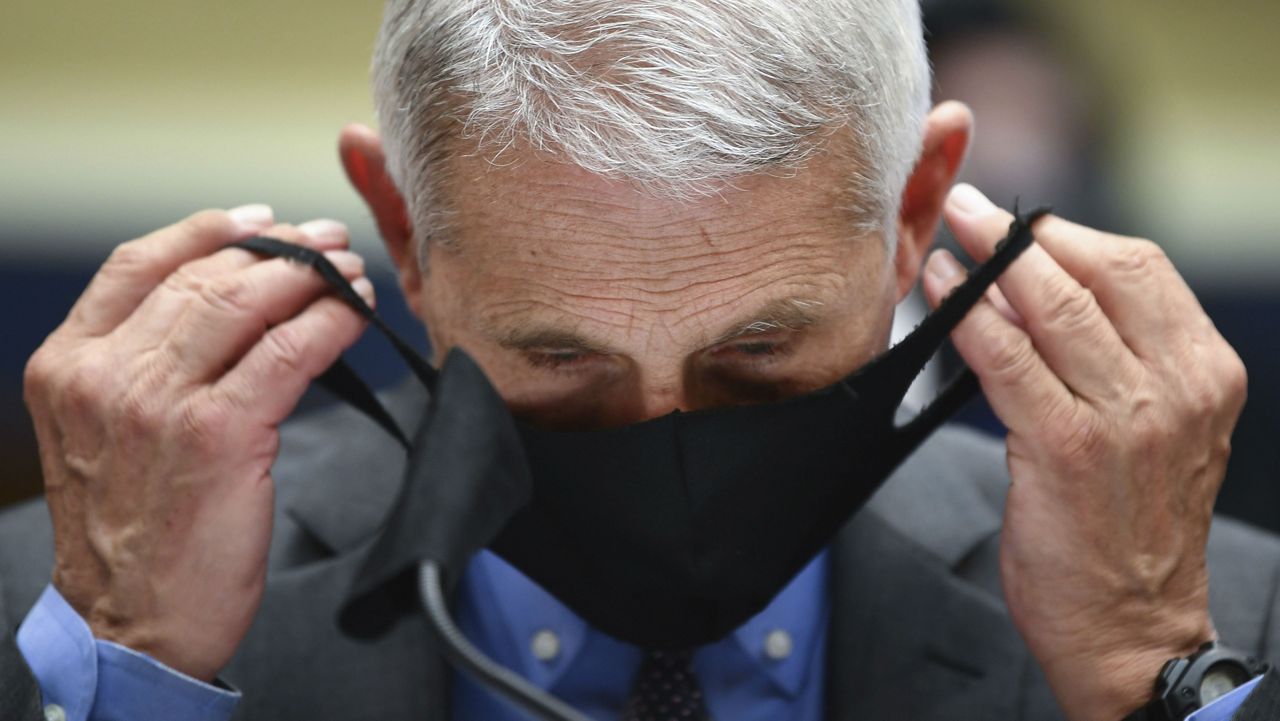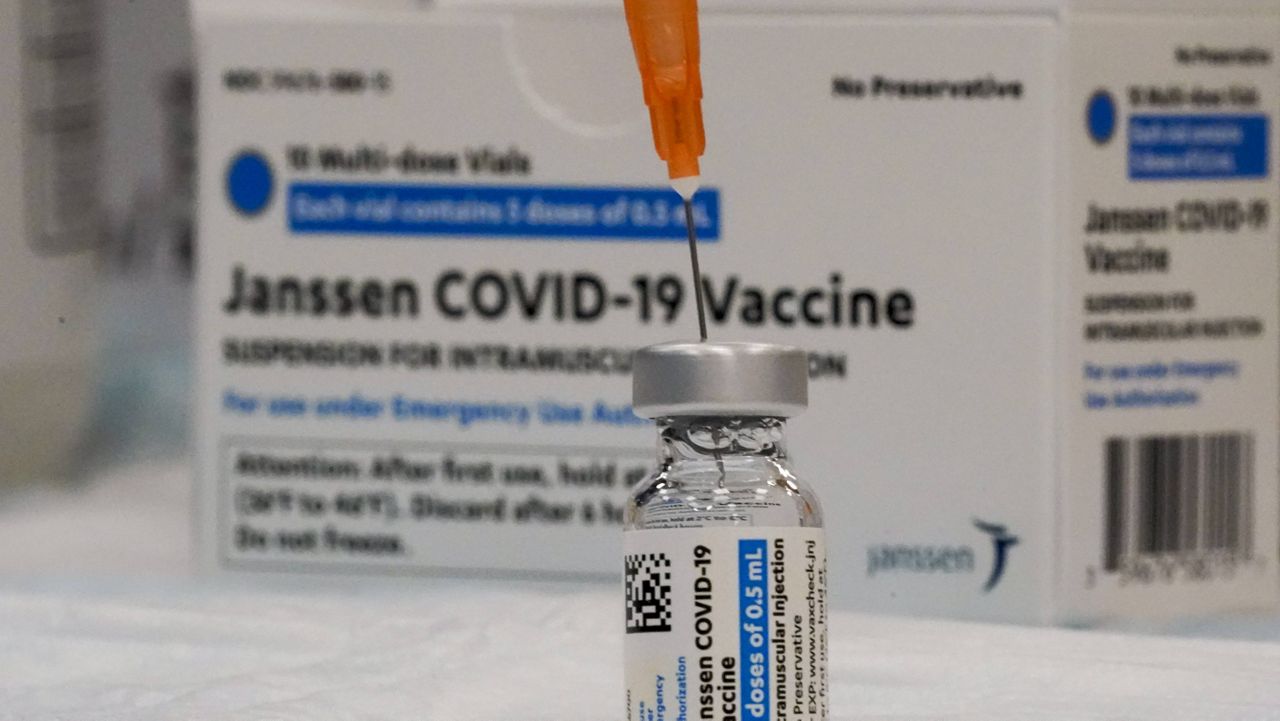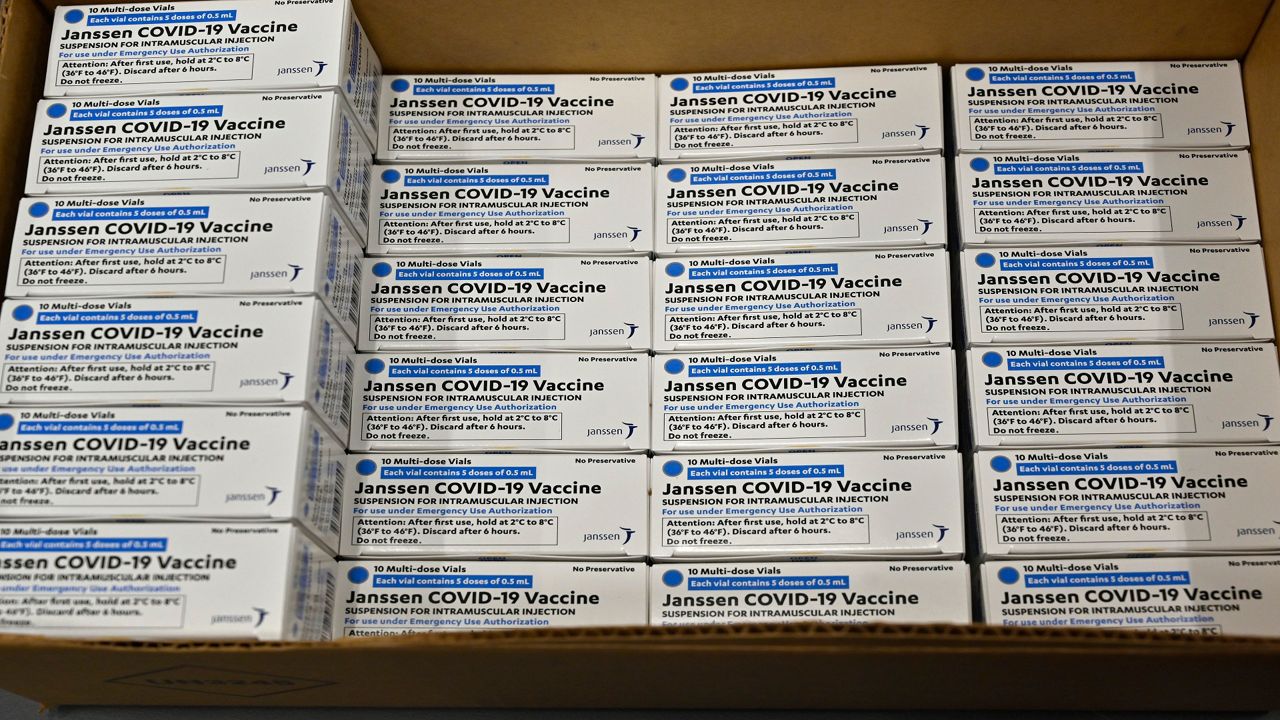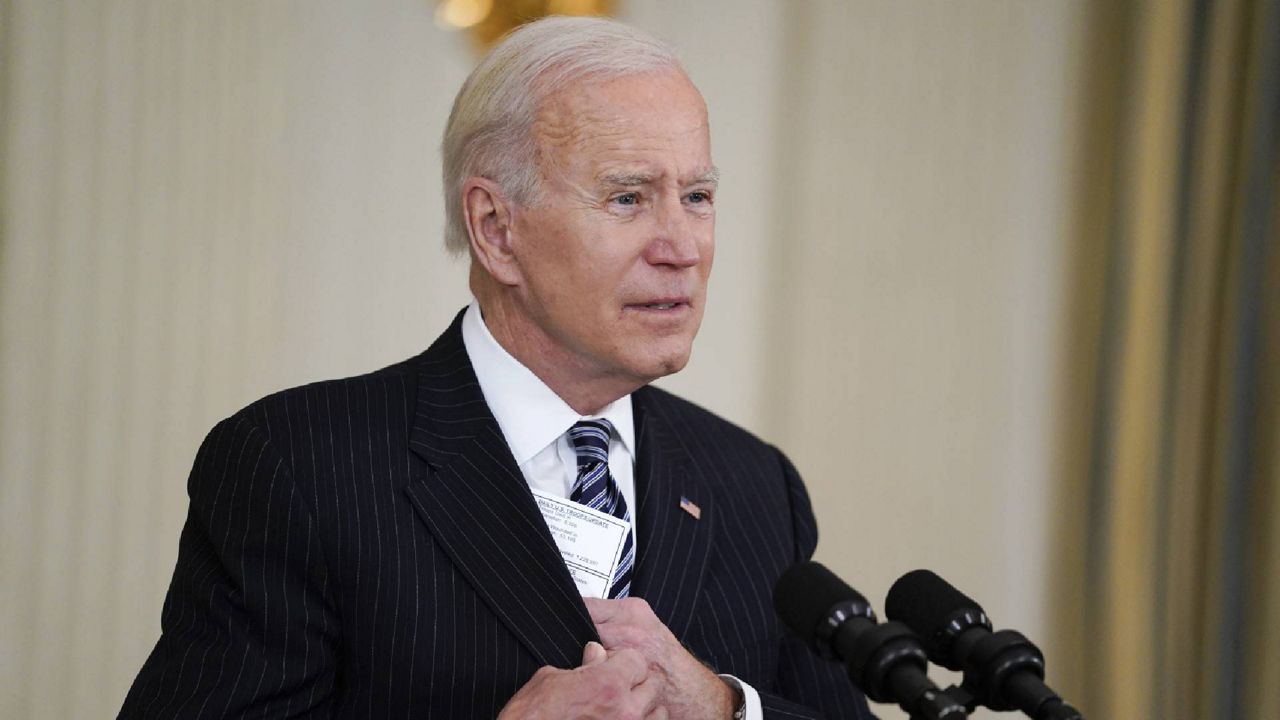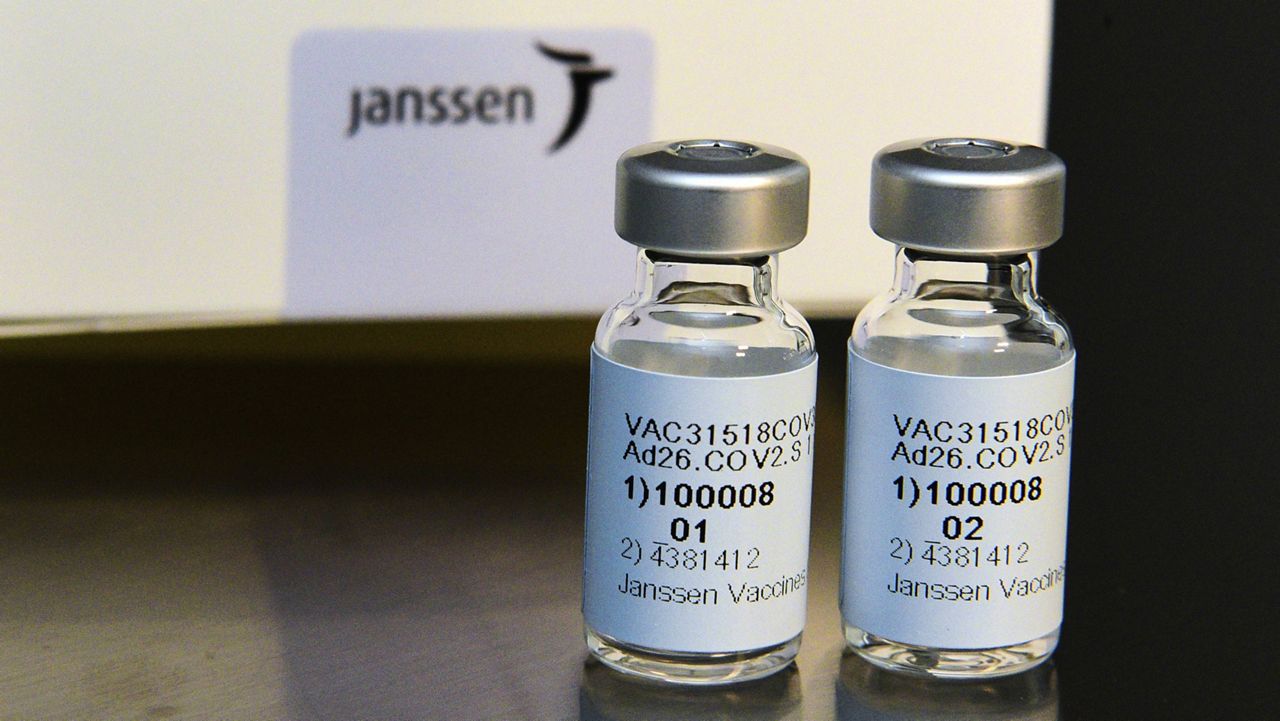Dr. Anthony Fauci, the federal government’s top infectious disease expert, said Thursday that the United States is considering scrapping its plan to withhold second doses of coronavirus vaccines so that more people can receive the first round of shots sooner.
What You Need To Know
- Dr. Anthony Fauci said Thursday the U.S. is considering scrapping its plan to withhold second doses of coronavirus vaccines so that more people can receive the first round of shots sooner
- The two vaccines being administered in the U.S. now require booster shots three to four weeks later
- The vaccines developed by Pfizer and Moderna provide some protection after the first dose, but clinical studies show they’re 95% effective after two doses
- By not reserving the second doses, there is a risk that people won't receive the subsuquent shots at the recommended time
The two vaccines being administered in the U.S. now require booster shots three to four weeks later. By contrast, the United Kingdom said Wednesday it won’t hold back doses of AstraZeneca’s vaccine, which was approved there this week and also requires two doses.
“That’s under consideration [in the U.S.],” Fauci, the director of the National Institute of Allergy and Infectious Diseases, told NBC’s “Today."
“I still think, if done properly, you can do a single dose, reserve doses for the second dose and still get the job done," he said. "But there’s a lot of discussion about whether or not you want to spread out the initial vaccination by getting more people vaccinated on the first round. You could debate either way on that."
The vaccines developed by Pfizer and Moderna provide some protection after the first dose. But a single dose is not as effective as two shots, and it’s unclear how long the protection of a single dose might last. Pfizer said in a statement that there are “no data” that prove its vaccine will provide protection after 21 days, Axios reported Thursday.
Clinical studies show the two vaccines are 94%-95% effective after two doses.
By not reserving the second doses, there is a risk that people won't receive the subsequent shots at the recommended time.
“One of the problems of doing that is if you don’t then get the second dose in time, you’re going to have a lag period,” Fauci said. “And we know from the clinical trial that the optimal time is to give it on one day and then for Moderna 28 days later and for Pfizer 21 days later. That’s what the data tells us to do it. So if you want to stick with the data, that’s the way you should do it.”
The U.S. has given the first dose of vaccines to about 2.8 million people to date, despite 14 million doses being distributed, according to the Centers for Disease Control and Prevention.
Fauci acknowledged that the government has fallen short of meeting its year-end vaccination goal of 20 million but said he anticipates the momentum will pick up in January. He added that the federal government should provide more resources to help states and cities administer the shots.
The United States has recorded 19.7 million cases of COVID-19 and more than 342,000 deaths during the pandemic. The daily death toll has hit record highs each of the past two days.
Fauci also discussed the British coronavirus variant now being found in the United States. He said while it is concerning, it does not seem to be more deadly than other established variants.
“The good news is that it does not appear to be more virulent, mainly making more people sick and leading to more deaths,” he said.
Fauci said public health experts in the United Kingdom “have shown clearly that it is much more efficient in spreading from person to person.”
“This just underscores the need to continue to put our foot to the floor and the pedal about making sure we do the public health measures that we talk about all the time: the wearing of masks, the physical distancing, the avoiding crowds and congregate settings,” he said. “Those are the kind of things that will prevent this new strain from spreading even further.”
Fauci added that the British variant “does not seem to evade the protection that’s afforded by vaccines that are currently being used.”
The first two cases of the variant in the U.S. were confirmed this week — one in Colorado, the other in California. A second case is suspected in Colorado.
Fauci predicted “you’re going to be hearing about reports from other states and more cases in the states that have already reported.”
Note: This article was updated to include Pfizer's statement about its vaccine's efficacy after 21 days.




